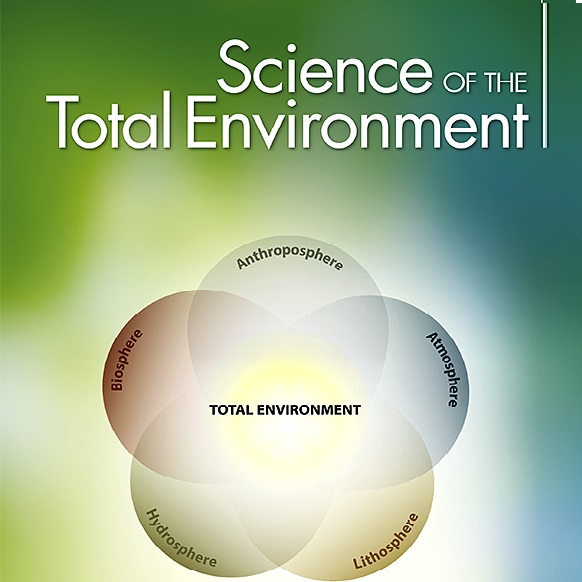Abstaract
This paper proposes that shifts in sectorial patterns of innovation over the industry?s lifecycle partly depend upon the dynamics of knowledge base complexity. Knowledge base complexity is considered as one of the important dimension of technological regimes which define sectorial knowledge environment and shape the sectorial patterns of innovation. Although the relationship between technological regimes and sectorial patterns of innovation has been confirmed in a series of empirical studies, most of them relied on comparative cross-section mode of analysis. As a result, technological regimes are conceived as an invariant variable over time which differentiates patterns of innovation across sectors. The novelty of this study consists of a dynamic approach to technological regimes in which concentrates on changing patterns of innovation in the same industry over time. We focus on the dynamics of knowledge complexity in upstream petroleum industry. We find that an increase in knowledge base complexity tends to alter the mode of Schumpeterian patterns of innovation from Mark I to Mark II. However, changes in technological opportunities do not alter the mode of Schumpeterian patterns of innovation, albeit they can influence the intensity of the existing pattern. Jelcodes:O31,O33 Abstract: This paper proposes that shifts in sectorial patterns of innovation over the industry's lifecycle partly depend upon the dynamics of knowledge base complexity. Knowledge base complexity is considered as one of the important dimensions of technological regimes which define sectorial knowledge environment and shape the sectorial patterns of innovation. Although the relationship between technological regimes and sectorial patterns of innovation has been confirmed in a series of empirical studies, most of them relied on comparative cross-section mode of analysis. As a result, technological regimes are conceived as an invariant variable over time which differentiates patterns of innovation across sectors. The novelty of this study consists of a dynamic approach to technological regimes which concentrates on changing patterns of innovation within the same industry over time. We focus on the dynamics of knowledge complexity in the upstream petroleum industry. We find that an increase in knowledge base complexity tends to alter the mode of Schumpeterian patterns of innovation from Mark I to Mark II. However, changes in technological opportunities do not alter the mode of Schumpeterian patterns of innovation, albeit they can influence the intensity of the existing pattern Keywords: Schumpeterian patterns of innovation, technological regimes, knowledge base complexity, and upstream petroleum industry.


 Ali Maleki
Ali Maleki.jpg)






.jpg)